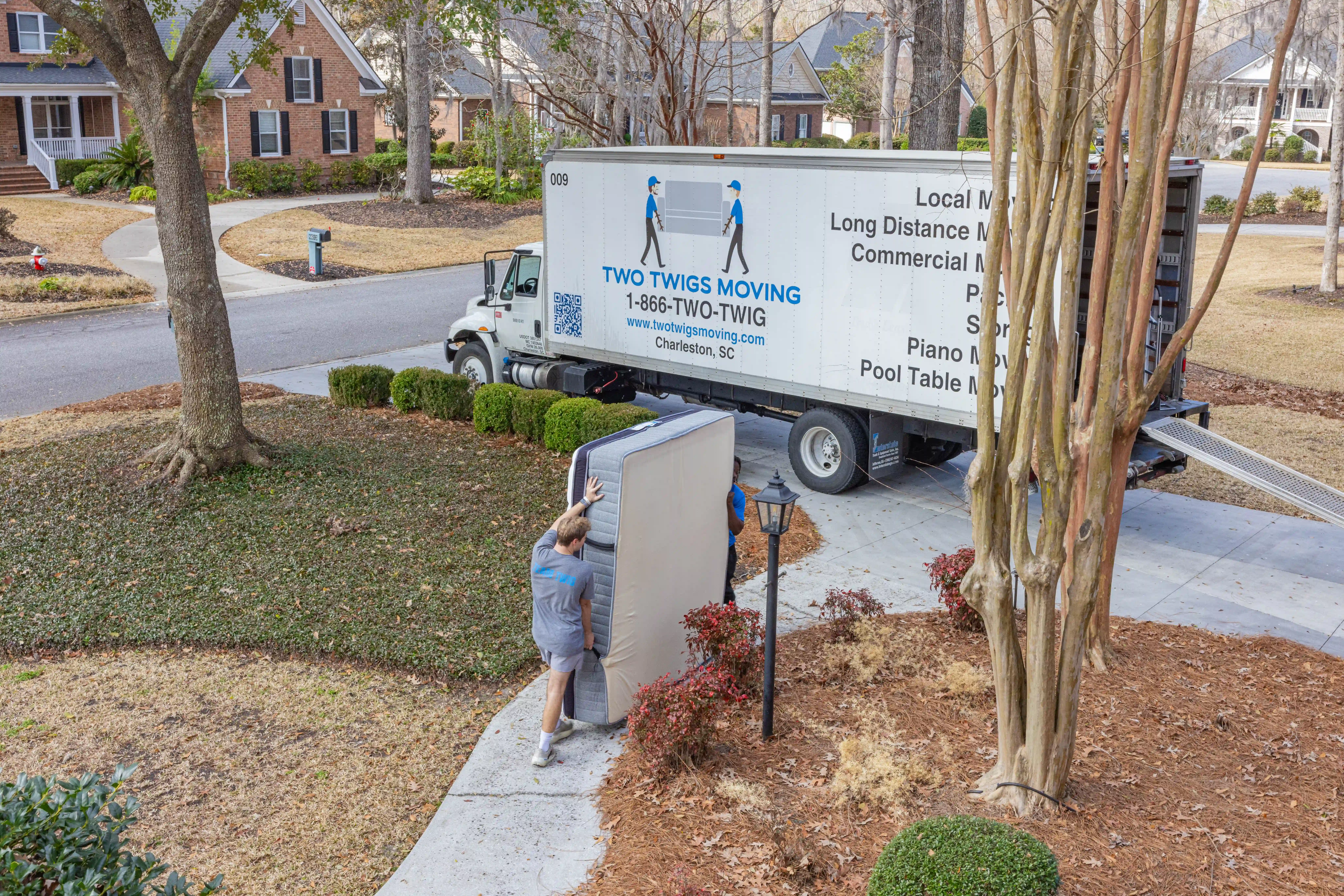With the right strategies and techniques, you can make the packing process more efficient and less stressful. Here are some top do-it-yourself (DIY) packing tips to help you prepare for your house move:
1. Start Early
Begin packing well in advance of your moving date to avoid last-minute rush and stress. Start with items that you don’t use frequently, such as seasonal decorations, out-of-season clothing, and extra linens.
2. Declutter Before You Pack
Take the opportunity to declutter your home before you start packing. Sort through your belongings and set aside items that you no longer need or use. Donate, sell, or discard these items to lighten your load and make packing easier.
3. Gather Packing Supplies
Make sure you have all the necessary packing supplies on hand before you start packing. This may include sturdy boxes in various sizes, packing tape, bubble wrap, packing paper, markers for labeling, and cushioning materials such as towels or blankets.
4. Use Proper Packing Techniques
Wrap fragile items individually in packing paper or bubble wrap to protect them from damage during transit. Place heavier items at the bottom of boxes and lighter items on top to prevent crushing. Fill any empty spaces in boxes with cushioning materials to prevent shifting during transport.
5. Label Boxes Clearly
Label each box clearly with its contents and the room it belongs to in your new home. This will make the unpacking process much easier and help you locate specific items quickly. Consider color-coding boxes by room for added organization.
6. Pack Room by Room
Take a systematic approach to packing by tackling one room at a time. Start with rooms you use less frequently, such as spare bedrooms or the attic, and work your way toward more commonly used areas like the kitchen and living room.
7. Pack an Essentials Box
Pack a separate box or bag with essential items you’ll need immediately upon arrival at your new home. This may include toiletries, medications, a change of clothes, important documents, snacks, and basic cleaning supplies.
8. Secure Furniture and Appliances
Take apart furniture and appliances as needed and pack any loose parts or accessories in clearly labeled bags. Use furniture pads or moving blankets to protect surfaces from scratches and dents during transport.
9. Keep Important Documents Safe
Keep important documents such as birth certificates, passports, financial records, and insurance policies in a secure and easily accessible location during the move. Consider carrying these items with you rather than packing them with the rest of your belongings.
10. Stay Organized
Stay organized throughout the packing process by keeping a detailed inventory of your belongings and tracking which items are packed in each box. This will help you stay on top of your move and ensure that nothing gets lost or left behind.
By following these DIY packing tips, you can streamline the packing process and make your house move more efficient and less stressful. With careful planning and organization, you’ll be ready to settle into your new home in no time.


.svg)


